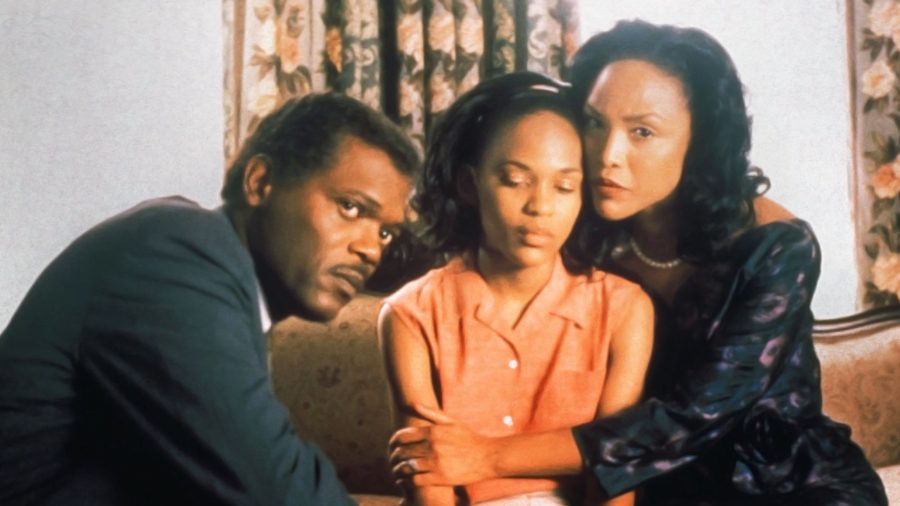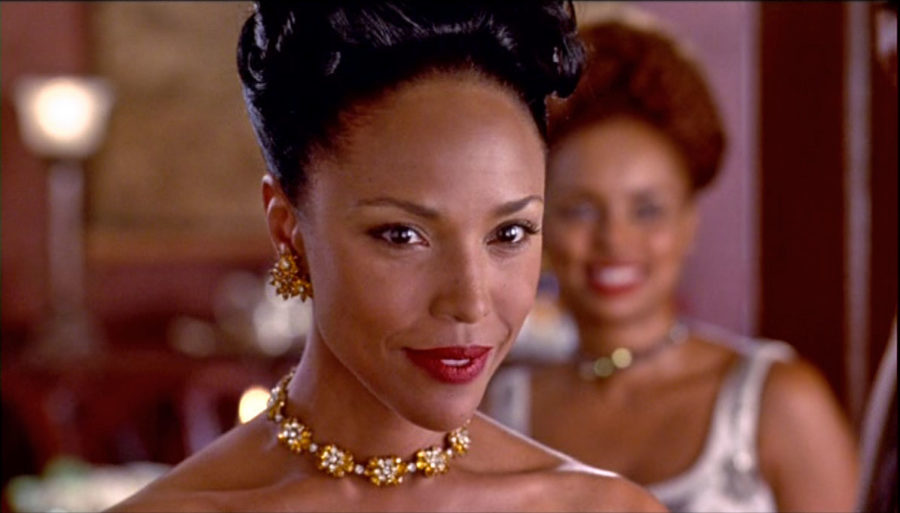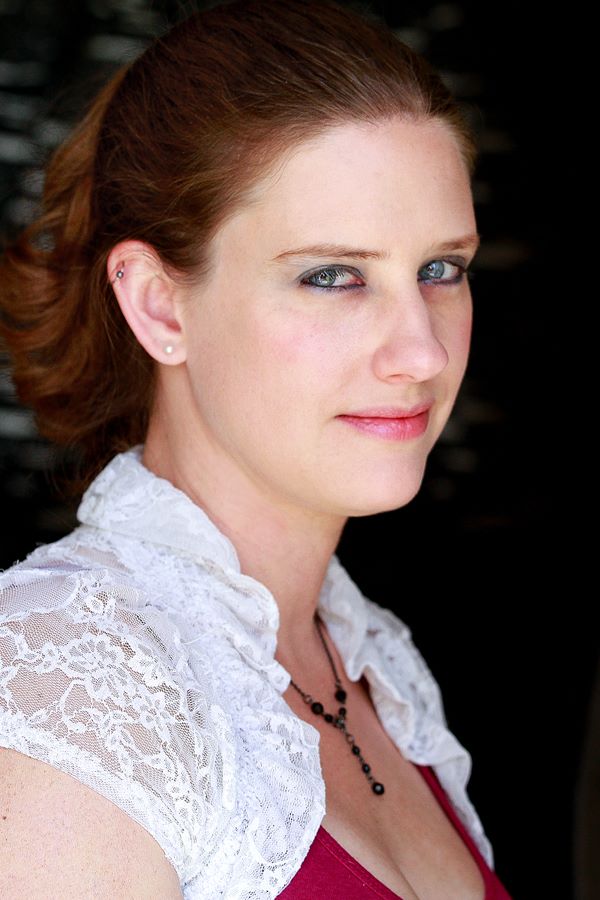EVE’S BAYOU, the feature directorial debut from actress Kasi Lemmons, had a $6M budget and an entirely black cast. There are zero white people in this film – not even wandering by in the background – which seems like a pretty amazing feat for 1997 and an unknown director. At the time (and unfortunately for many years to come), conventional wisdom was that dramas strictly about black people simply couldn’t bring in audiences, but EVE’S BAYOU made almost $15M worldwide – more than double its budget – and is a critically loved film that people still talk about today. It’s number 99 on the highest grossing films of 1997, which may sound like a little number, but let’s put that in context. It came out the same year as TITANIC. And MEN IN BLACK. And GROSSE POINTE BLANK. Ok GROSSE POINTE BLANK didn’t do Titanic numbers (nobody did) but it’s a great movie and I’m not going to just skip over it.
Now, of course, we know that serious films about the black experience make tons of money. GET OUT and BLACK PANTHER proved that, so hopefully we can stop hearing that same dumb argument about overseas audiences not “getting” black films, which for so long was the justification for not investing in stories about black America.
I think most white people have come to expect films about black people to be primarily about suffering and the racism that causes it, but EVE’S BAYOU isn’t about racism because there’s no white people to be racist. It’s simply about people who live within a small region of America and the relationships that hold them together. And they happen to be black.
Here’s the trailer:
Samuel L Jackson, who came on board to help produce the film, plays a womanizing doctor named Louis, but he’s not the man character of the film even though the world spins around him. This film is about women. He is a motivating factor for their actions, but the women run this show, which is why it’s so interesting to watch them give way to his whims when they outnumber him and are such better people in general.
The protagonist is Eve (Jurnee Smollett-Bell), his 10-year-old daughter, who catches him fucking another woman at a party, which sets off a journey for her of trying to understand what she witnessed and what it means. There’s not much plot to the story – it’s more about this family and how they navigate their relationships, so for Eve, trying to understand her father is what drives her.

Eve’s mother Roz (Lynn Whitfield) is the most elegant, classy lady ever to walk the planet, and although Louis claims he loves her, he just can’t seem to say no to all the women who want to bang him. But Roz is a woman of class, so she keeps the family gossip contained in the family. She would never confront him or make a scene, because that’s beneath her.
What I find most interesting about that is how her other daughter, Cisely (Meagan Good) simply can’t comprehend how a man like her beloved father could possibly be in the wrong. She is convinced that her mother must be doing something wrong, but Cisely is so much like her mother in how she strives for perfection and decorum in all things.
Because this world is so elegant and clean and classy, it’s shot differently from the other indie films I’ve been watching lately. This baby is all sticks and dolly shots. The camera is very still, establishing that there is a firm ground and a world of reason and rules.
That changes when memories and visions come into play. Both Eve and her Aunt Mozelle (Debbi Morgan) get psychic visions and see memories, and when that happens, the world is tilted and black and white, filled with uncertainty because memories are not reliable and predictions are always uncertain.
It’s not flashy filmmaking, but there is one moment of using a practical effect to create what other directors might have made into a digital shot. Mozelle tells Eve the story of how one of her husbands was murdered. She camera is close on a floor-length mirror as Mozelle looks into the reflection to see Eve. Then she looks farther in, and through the mirror we see the murder played out behind her. All that was required was for the actors to stand in a strategic spot and act out the scene, and it would play on film as if it was a VFX shot, when all that they did was play with reflections. And in a film that carries a theme of unreliable memory, it plays out beautifully that the image is backwards through a mirror.

Something else to take special note of: the Hair department. It was pretty big, so I’m not entirely sure who gets the leadership credit, but the hairstyles in this film are elegant as hell. And apparently Samuel L Jackson had his own personal wig maker.
After EVE’S BAYOU, Lemmons went on to continue acting and directing, although sparsely. She churns out scripts regularly, but as is so often the case in this town, they rarely get made. Unfortunately her follow up to EVE’S BAYOU, the 2001 film THE CAVEMAN’S VALENTINE, was a certified bomb, so it no doubt took some time to recover from the film’s failure. Nonetheless, Lemmons has directed an episode of LUKE CAGE and a couple of other films since, including Focus Features’ HARRIET, about Harriet Tubman, which drops on Nov. 10 of this year. This should be a film that gets Lemmons back into the spotlight as a director to pay attention to.
Next week, I’ll be watching 2000’s GIRLFIGHT, directed by Karyn Kusama. Feel free to comment below, or hit me up on Twitter, or share the hell out of this if you liked it.

Emily Blake writes screenplays with lots of fight scenes. She is a vocal advocate for feminism, polyamory, kink, and sex positivity. She makes most of her money as a script supervisor for film and television, but she also makes cosplays for clients out of her little apartment in Los Angeles.

